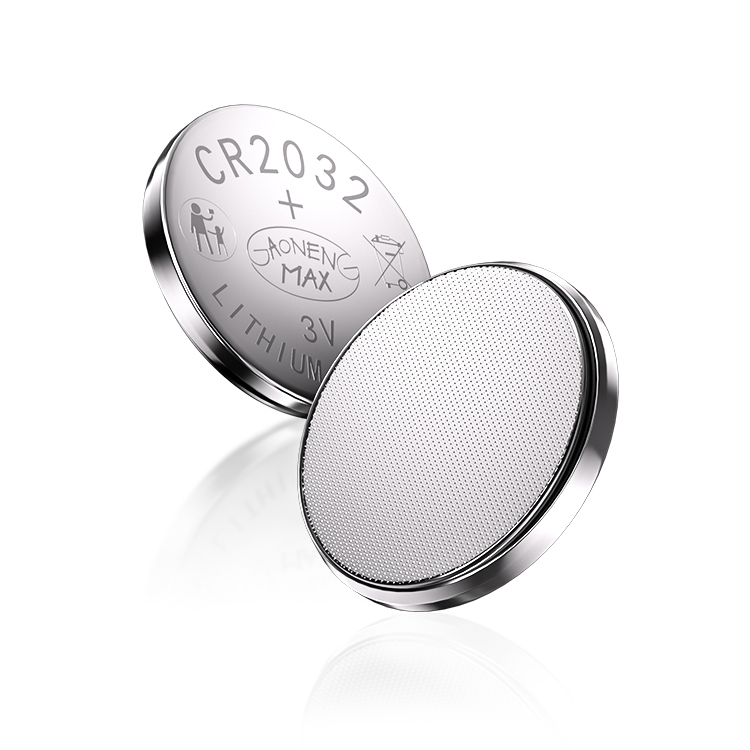Lithium - ion batteries have become an integral part of modern life, powering everything from portable electronics to electric vehicles. As their usage proliferates, the environmental impact associated with their production, use, and disposal has drawn significant attention. Consequently, a comprehensive set of environmental protection testing standards has been developed to mitigate these impacts and ensure sustainable development in the battery industry.

1. International Standards
IEC Standards: The International Electrotechnical Commission (IEC) has established several standards relevant to lithium - ion battery environmental protection. For example, IEC 62619 focuses on the safety and environmental requirements for stationary energy storage batteries. It addresses aspects such as the prevention of harmful chemical leakage during normal use and in case of abuse. The standard also sets guidelines for the recycling and disposal of batteries, aiming to minimize the release of heavy metals (like cobalt, nickel, and lithium itself) into the environment. By adhering to IEC 62619, manufacturers can ensure that their stationary lithium - ion battery products are designed with environmental sustainability in mind, from the choice of materials to the end - of - life management.
UN Regulations: The United Nations has introduced regulations, such as UN 38.3, which specifically targets the safe transportation of lithium - ion batteries. Although primarily concerned with safety during transport, it has environmental implications. Safe transportation reduces the risk of battery leakage or explosion during transit, which could otherwise lead to the release of toxic substances. For instance, in air and sea transportation, strict compliance with UN 38.3 ensures that batteries are properly packaged and tested for their ability to withstand various environmental conditions (e.g., temperature and pressure changes), thus preventing potential environmental disasters associated with damaged batteries.
2. National and Regional Standards
EU Battery Regulation: The European Union has a comprehensive battery regulation framework. It mandates requirements for battery labeling, including information on the battery's environmental impact and recycling instructions. Additionally, the EU promotes the use of recycled materials in battery production. For example, it sets targets for the minimum percentage of recycled cobalt, nickel, and lithium in new batteries. This encourages manufacturers to invest in recycling technologies and closed - loop supply chains. By doing so, the EU aims to reduce the environmental footprint associated with the extraction of virgin materials and minimize waste generation from spent batteries.
Chinese Standards: In China, standards like GB/T 36276 - 2018 “Technical specifications for recycling and utilization of waste lithium - ion power batteries” focus on the recycling process. This standard details the proper handling, dismantling, and material recovery methods from spent lithium - ion power batteries. It requires recycling facilities to use environmentally friendly techniques to extract valuable metals while minimizing pollution. For example, it regulates the treatment of waste electrolytes to prevent the release of harmful chemicals into water sources or soil.
3. Key Testing Parameters in Environmental Standards
Heavy Metal Content: Testing for heavy metal content is crucial. Batteries are analyzed for the presence of cobalt, nickel, lead, and mercury. High levels of these metals in the environment can cause severe pollution and harm to human health. For example, cobalt, if released into water bodies, can accumulate in aquatic organisms and enter the food chain. Standards often specify maximum allowable levels of these heavy metals in both the manufacturing process and in the final recycled materials.
Chemical Leakage Resistance: Batteries are tested to ensure that they do not leak harmful chemicals under normal and abnormal conditions. This includes subjecting them to temperature cycling, vibration, and mechanical stress tests. A battery that can withstand these tests without leakage reduces the risk of environmental contamination. For example, in a landfill, a non - leaking battery will not release its electrolyte, which may contain toxic substances, into the soil or groundwater.
Recyclability and Material Recovery: Standards also evaluate the ease of recycling batteries and the efficiency of material recovery. Manufacturers are encouraged to design batteries in a way that facilitates dismantling and separation of different components. The percentage of materials that can be successfully recycled and reused is an important metric. High - recyclability not only conserves resources but also reduces the need for new material extraction, which has significant environmental benefits in terms of reducing energy consumption and greenhouse gas emissions associated with mining and refining processes.
lithium - ion battery environmental protection testing standards play a vital role in safeguarding the environment throughout the battery's life cycle, from production to disposal. Compliance with these standards is essential for both the sustainable development of the battery industry and the protection of our planet.
Read recommendations:
601248 300mAh 3.7V
What are the five main application areas of lithium-ion batteries.CR1216 battery
3.2v 30ah lifepo4 battery cell.Power lithium batteries gradually reach production capacity, and lith
household energy storage lithium battery Product
home solar energy storage lifepo4 battery












































 360° FACTORY VR TOUR
360° FACTORY VR TOUR
 Whatsapp
Whatsapp
 Tel
Tel Email
Email TOP
TOP